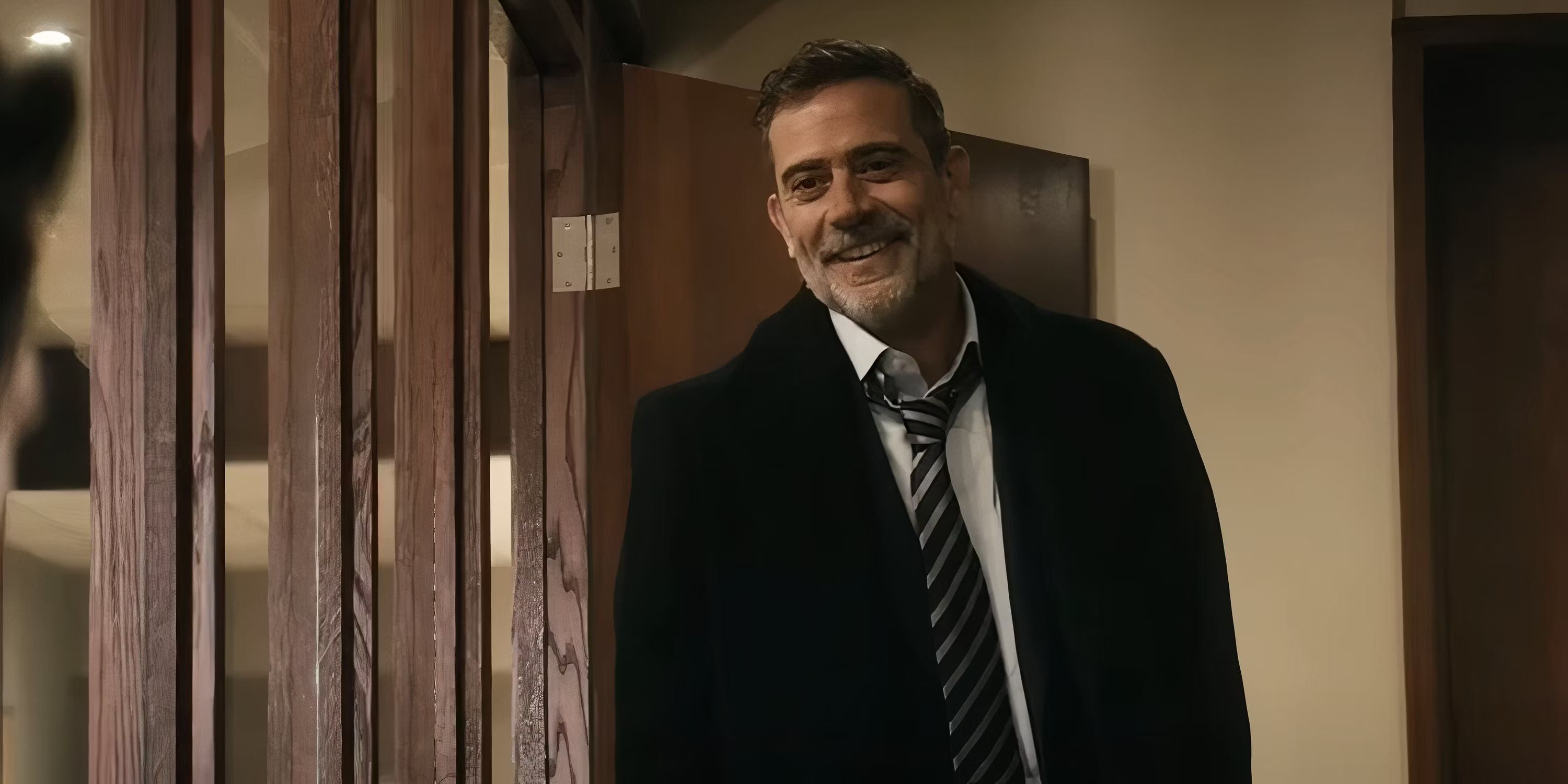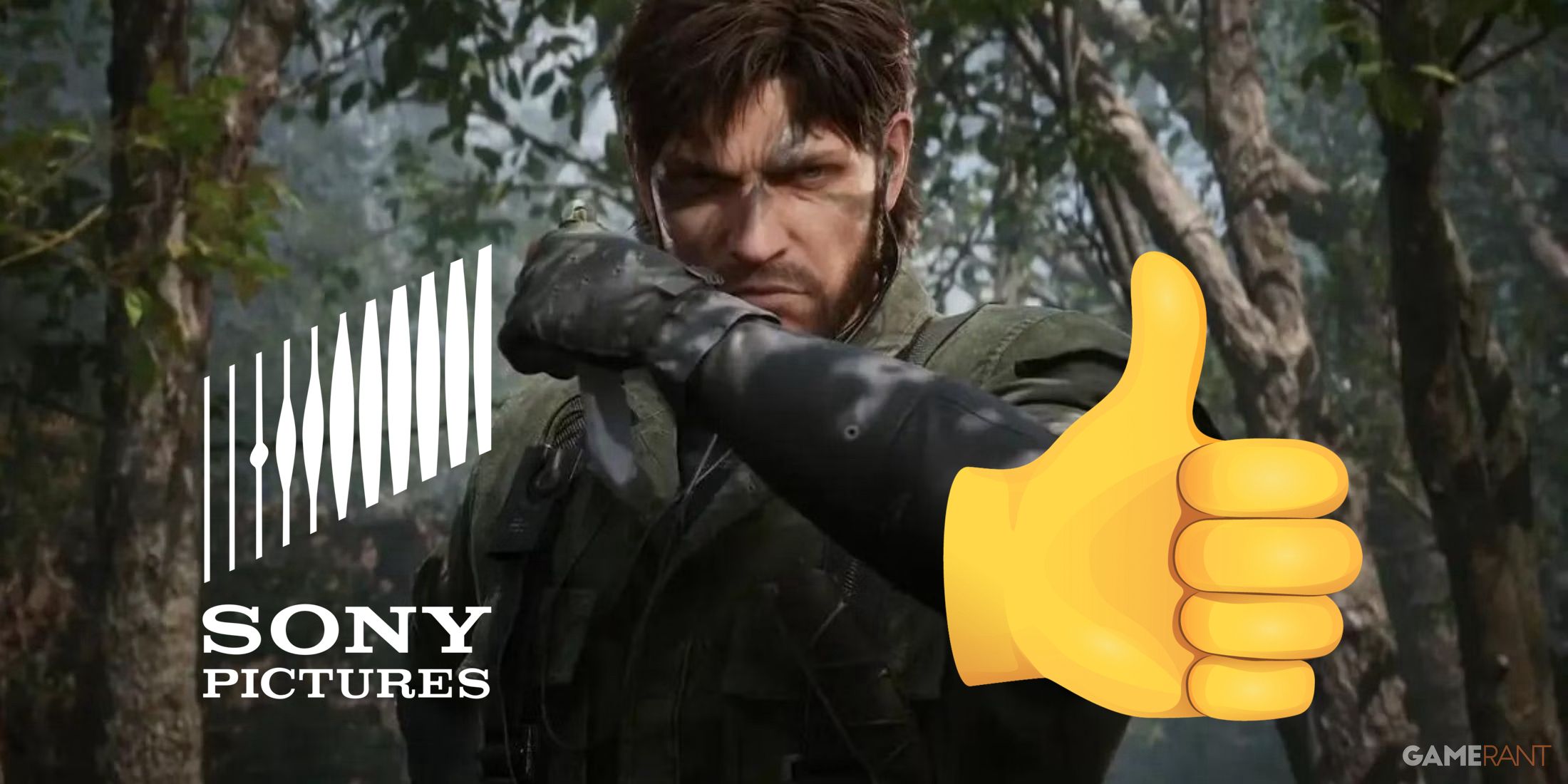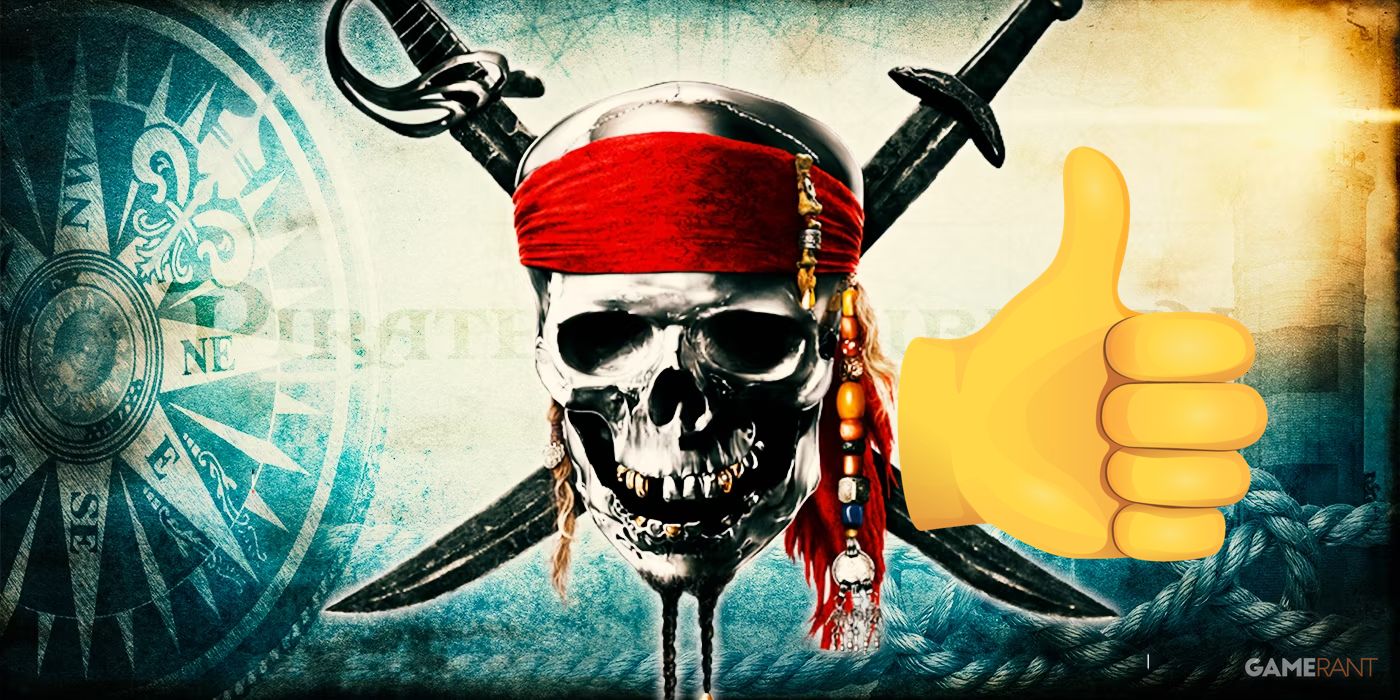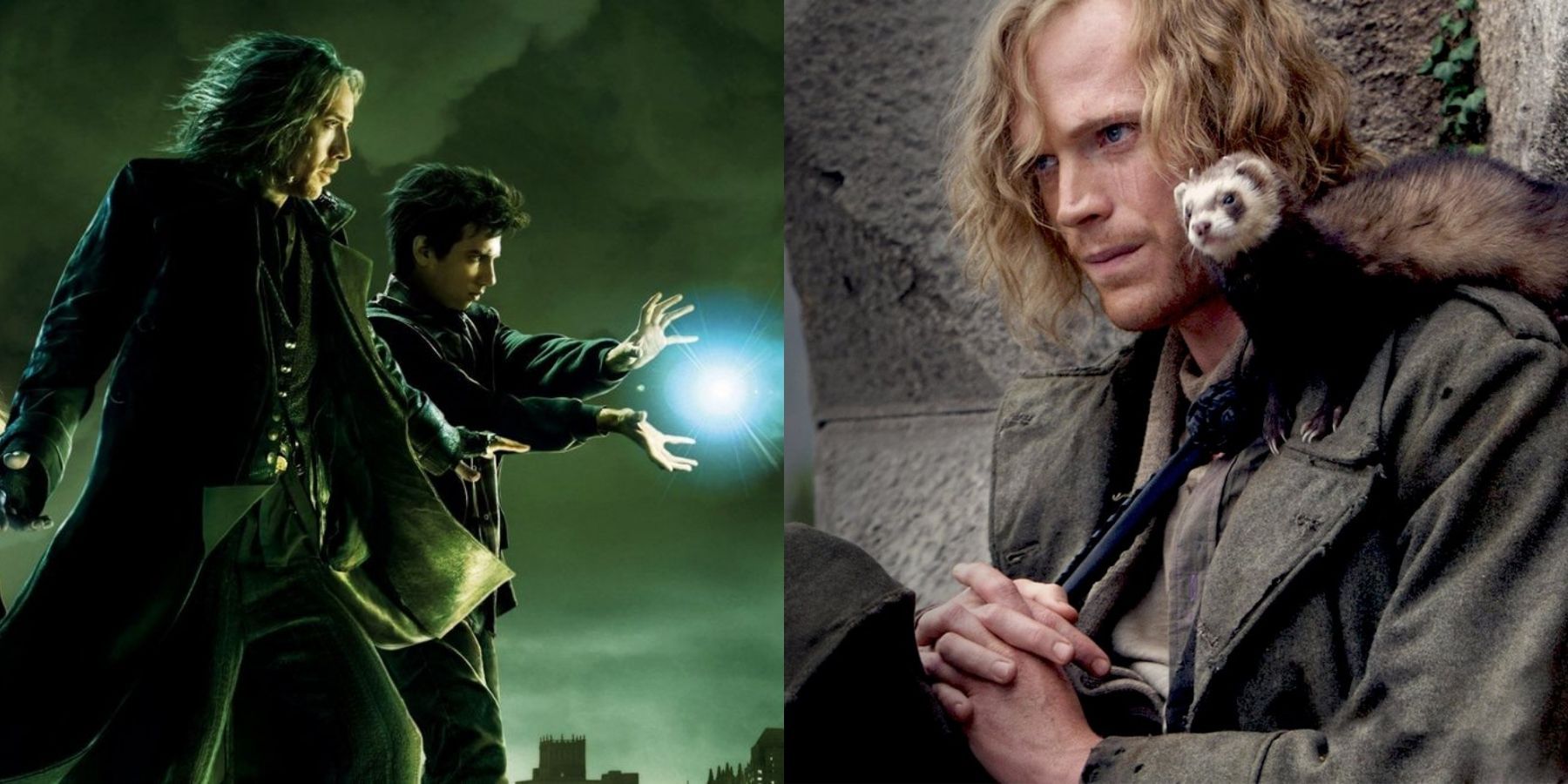Franchises are common in the sci-fi and fantasy genre. But for each Harry Potter and Star Wars, there are great movies that, while clearly meant to spawn sequels, fail to gain momentum, deliver at the box office, and, ultimately, become a beloved franchise.
Alien, X-Men, Terminator, The Lord of the Rings, most MCU installments — these films manage to tick all the right boxes, from excellent cast to engaging story, and from dazzling visuals to memorable soundtrack and launch long-lasting franchises. At the same time, other outstanding features, seemingly worthy of a franchise, become a fleeting one-time wonder, barely registering with the audience. These 5 movies belong in the second category, but even though they never got a chance to tell their complete story, they are well worth a watch on their own.
The Sorcerer’s Apprentice (2010)
Jerry Bruckheimer, Jon Turteltaub, and Walt Disney Pictures came together once again in an attempt to recreate the success of the National Treasure franchise through an action-packed variation of the King Arthurian legend placed in modern-day Manhattan. The story follows a sorcerer and Merlin successor Balthazar Blake (Nicolas Cage), who tries to prevent the supporters of Morgana le Fay (Alice Krige) from releasing her from her magical prison, all the while looking for a new apprentice (Jay Baruchel), who can inherit Merlin’s magical powers. The movie neatly combines fantasy elements (originally inspired by Disney’s classic Fantasia), Bruckheimer’s signature action sequences and impressive CGI, and a wild card that is Nic Cage.
The Sorcerer’s Apprentice might not have been the next Pirates of the Caribbean as Disney hoped or the best take on the Arthurian tale, but it’s a highly entertaining and enjoyable viewing experience, backed up by excellent performances from Alfred Molina, Teresa Palmer, and Monica Bellucci. While this big-budget franchise starter barely made it at the box office and failed to launch a subsequent franchise, it deserves the attention of a fantasy or Cage-loving fan looking for a light and action-infused watch.
Mortal Engines (2018)
Based on Philip Reeve’s YA novel of the same name, Mortal Engines is a great steampunk fantasy/sci-fi that hinted at a much wider world and story but never got to realize its full potential. Coming from the mind (and passion) of Peter Jackson, who brought along Christian Rivers — a master behind award-winning visual effects of Jackson’s King Kong — as director, as well as several members of The Lord of the Rings and The Hobbit production crew, the film features a stellar cast that includes Robert Sheehan, Hugo Weaving, and Stephen Lang. The movie is set in a dystopian post-cataclysmic world, where the remnants of humanity got divided into motorized ‘Traction Cities’ that operate on the ‘Municipal Darwinism’ principle that suggests that larger cities can hunt and consume smaller settlements. The story centers on an unlikely trio of outcasts as they try to hinder the plans of evil Thaddeus Valentine (Weaving), who seeks to give London city the ultimate dominion over the rest of the world.
Despite somewhat baffling and awkward plot developments, Mortal Engines displays unexpected emotional depth, an extraordinary world-building potential, cheeky referential humor, and decent socio-political commentary. Unfortunately, the movie was a definite commercial flop, which instantly killed any hope of expanding it into a lasting franchise.
The Golden Compass (2007)
Adapting beloved book series into a movie format has always been a challenge and a risk for directors — a truth that Rogue One: A Star Wars Story’s Chris Weitz had to experience first-hand. In theory, transforming the first novel in Philip Pullman’s widely acclaimed His Dark Materials series had the potential of following in the footsteps of The Lord of the Rings, and the New Line Cinema clearly intended it as such. On paper, the movie had all the right ingredients: a star-studded cast that included Daniel Craig, Nicole Kidman, Eva Green, Ian McShane, and Ian McKellen; a decent budget that allowed for stunning and Award-winning visual effects; and a loyal book fan base that all but guaranteed filled seats in the theaters.
The emerged issue laid at the very core of the source material that features an evil religious organization, ‘the Magisterium,’ that abducts children and forcefully separates them from their ‘daemons.’ Unsurprisingly, this not-so-veiled criticism of the Catholic Church didn’t sit well with the associated organizations, so they demanded the references be struck from the movie. The studio complied (against the director’s wishes), which led to significant post-production changes and rendered the plot incomprehensible. New Line Cinema also insisted on a happy ‘good-prevails-over-evil’ ending, which removed the emotional intensity and the protagonist’s key driver, further blunting the sharp edges that made the original material unique. While The Golden Compass failed to launch a movie franchise, HBO His Dark Materials did a much better job adapting the original books and putting them in a suitable TV show format.
Inkheart (2008)
Based on Cornelia Funke’s hugely popular eponymous German novel series, Inkheart follows the story of Meggie Folchart (Eliza Bennet) and her father Mo (Brendan Fraser), who have the ability to ‘read out’ and transport books’ fictional characters and elements into the real world. Featuring Hellen Miller, Andy Serkis, Paul Bettany, and Jim Broadbent, directed by The Skeleton’s Key’s Iain Softley, working off an exciting premise with near-endless potential, the movie had all the makings of a successful franchise. What’s more, Funke even admitted that The Mummy’s Fraser was the original inspiration for the Mo character, which made his casting a no-brainer for the studio.
Inkheart is visually-impressive, kind-hearted, and weaved with a sense of adventure and wonder. Unfortunately, the movie was far from a box office success, which erased any possibility of a franchise from New Line Cinema. A 2009 Nintendo DS game, based on the movie, performed rather poorly as well, further cementing the decision to abandon hope for this failed franchise starter.
Mortal Instruments: City Of Bones (2013)
Coming on the heels of The Twilight Saga, the adaptation of Cassandra Clare’s bestselling Mortal Instruments YA novel series betted on similar success. Featuring a superb cast that includes Jamie Campbell Bower, Robert Sheehan, Lena Headey, Aidan Turner, and Jonathan Rhys Meyers, the City of Bones follows Clary Fray (Lily Collins), who discovers that she descends from a line of Shadowhunters, mysterious warriors sworn to protect the world from demons.
The movie’s producers clearly had plans for launching a franchise as a sequel, City of Ashes, was announced three months before the first movie’s release, with Sigourney Weaver set to join the cast. However, City of Bones turned out to be a commercial flop and barely covered the production costs, which halted the potential franchise. In 2016, Constantin Film, the production company behind the failed franchise starter, made a smart move of rebooting Mortal Instruments for TV. Shadowhunters ran for three seasons, gained a loyal fan base, and proved that YA adaptation could be done right.









